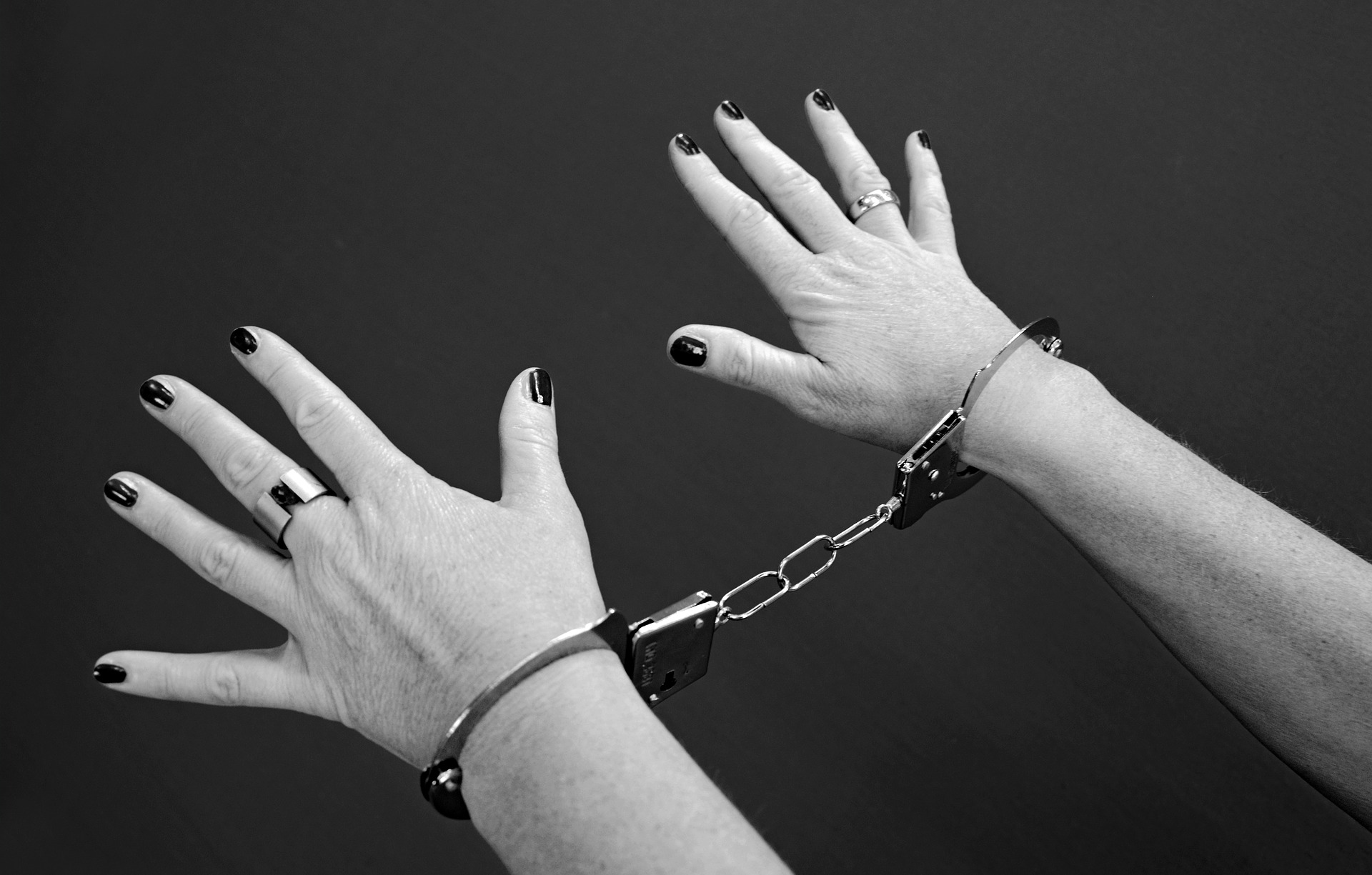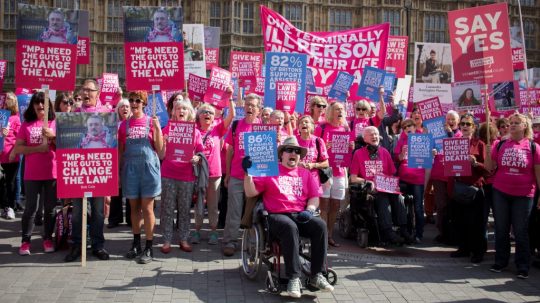Michelle and Stephanie Hopkins were civil partners. Michelle suffered from severe back pain (following a period of paralysis from the waist down) Stephanie cared for her.
In 2014, both women were sentenced for child cruelty and served their sentences in the same prison. The prison had a rule that couples in intimate relationships could not share cells, so they were separated. Michelle challenged this rule on the grounds that, among other things, it was inhuman and degrading treatment (Article 3 ECHR), it was a breach to her right to respect for private life (Article 8 ECHR) and was discrimination on the grounds of her disability.
What is degrading treatment?
Before serving their time, Stephanie had helped Michelle with essential daily activities such as going to the toilet and moving around. Michelle argued this meant their forced separation amounted to ‘degrading treatment’.
The right not to be inhumanly treated is taken particularly seriously. Any infringement of it cannot be justified. However, treatment must reach a certain level of severity to be classed as ‘inhuman or degrading’. In this case, Michelle’s needs were seen to in the prison. Therefore, the judge said the fact that Stephanie was not caring for her 24/7 did not amount to degrading treatment.
Interestingly, the judge also noted that when a prisoner is serving a sentence, they give up a level of enjoyment they have in the rest of their lives. Prisoners have human rights because prisoners are human. But the content of that human right can depend on the situation. So although couples can share a bedroom in other situations, in the prison context, restricting this right did not amount to degrading treatment.

What about a right to respect for her private life?
The judge made a similar point in respect of Michelle’s right to respect for her private life. He pointed out that the Article 8 (privacy) rights of a prisoner serving their sentence are different and much more limited than those of someone who is free. Moreover, the couple had plenty of time to spend with one another during the day when they were not in their cells.
Disability Discrimination
The judge was satisfied that Michelle’s condition was a disability. Under the Equality Act 2010 (section 20) there is a duty to make reasonable adjustments for people with disabilities. The judge said the prison had made reasonable adjustments for Michelle’s disability and that Stephanie was not the only person who could provide the help. Michelle argued that no account had been taken of her disability when she and Stephanie were separated (section 149 Equality Act). The judge did not agree, as it was clear the prison officers had taken this into account.
What does this show us about human rights?
Prisoners have human rights and the right to be treated equally. However this judgment shows that human rights are flexible concepts. What amounts to a human rights breach in one context, might not in another.
This is a plain-English summary of a High Court decision. You can read the full judgment here.
You can read more about human rights and the justice system here, and read our plain-English summaries of key human rights cases about justice here. We also have resources about how human rights can help people with disabilities here.







